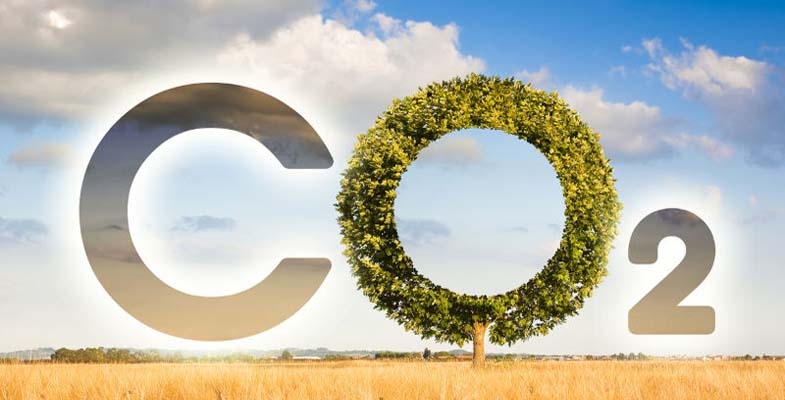At our AGM on 4 November, Ian provided a clear message about the future of the Earth and humankind. He summed up with a quotation from a statement made in 2021 by Sir David King, former UK Chief Scientist:
What we do over the next three to five years will determine the future of humanity.
The talk was about global warming. It was also about the urgent need to change the paradigm of growth and capitalism that underpins our economic systems.
Firstly, here is some background to his arguments.
Club of Rome – limits to growth
Fifty years ago, the Club of Rome created a computer model that projected trends in the variables that define human society: population, food production, industrial output, pollution and use of non-renewable resources.
At the time all these variables were increasing and were assumed to continue to grow exponentially while the ability of technology to increase the efficiency of use of finite natural resources grew only linearly.
The model predicted that the continuation of these trends would lead to a limit in the second half of this century. The most probable result will be a sudden and uncontrolled decline in population and ecosystems with flow on effects on industrial capacity and the supply of our basic needs.
Many studies have shown that the trends predicted are proving to be realistic. The limit of available non-renewable resources is being reached which will affect our capacity to continue our current lifestyle. Our civilisation only works if it grows, but that growth is now destroying the resources that maintain the civilisation.
The most obvious limit – our climate
The recent extreme weather experience in many locations around the world and the reports from the scientific experts highlight that we are getting close to a situation where temperature increases will exceed the ideal set in the Paris Agreement of 1.5°C and the fall-back position of 2°C is becoming harder to achieve.
We are already reaching tipping points, namely changes in the Earth’s systems that will be impossible to reverse, such as melting of the Arctic and Antarctic ice sheets and boreal permafrost. Once these changes are set in train the trend of temperature increases and sea level rise will be even harder to reverse.
The climate system has a strong level of inertia so any response to a reduction in greenhouse gas emissions will take several years to have any effect on temperature levels.
If emission levels are not reduced urgently to zero, not just net zero, we are on a path to temperature increases of 3°C or even 5°C that will make human life on our planet unliveable for most people. Zero emissions is required to reduce the concentration of CO2 in the atmosphere that is the driving force behind climate change.
How can we turn around these frightening prospects?
There is a lot of optimism expressed about the ability of technology to slow down emissions. But implementation of these technologies is too slow. Forget about the conflict that we are experiencing. These security threats and the need to build up military capacity are less urgent. What we need is radical change in the economic system. Is this possible?
Ian Dunlop is a member of the think tank called Earth4All that focuses on systemic change for global well-being. They are presenting two scenarios:
- Too little too late – what if we continue on our current destructive path?
- Giant leap – what if we achieve the fastest transformation in history?
Earth4All has gathered leading thinkers to advice on the economic ideas that show the most promise to unite societies and bring long-term prosperity to the majority. The current trend of an increasing gap between rich and poor has to change. Instability will be the outcome if the poor have to bear the brunt of impacts from climate change.
There are five core changes that are needed:
- poverty – more government planning and less market influence in economic development
- inequality – transfers from the few rich to the many poor
- empowerment – education, health, contraception, and opportunity to all women
- food – regenerative agriculture, higher efficiency, fairer distribution
- energy – shift from fossil fuels to renewables, higher efficiency, carbon capture and storage
Forces working against change
The free market will not solve the problems. However, what the world needs is not profitable from the investor perspective using conventional criteria.
Existing jobs are threatened – we need to move from jobs creating emissions and using natural resources to jobs restoring nature and re-using materials
Government measures will not be popular. These will entail such measures as higher taxes and more regulation.
Ian Dunlop suggests that the disparity in wealth means that the richest 10% could pay to make these changes happen.
Change remains possible and solutions exist if we choose to take them. Cooperation, not conflict, is the essential ingredient.
Communities must speak out loudly, bluntly and frequently about the urgency for change.
Ian Dunlop has been a writer and activist on climate change for about 50 years and he is chair of the Australian Security Leaders Climate Group.

